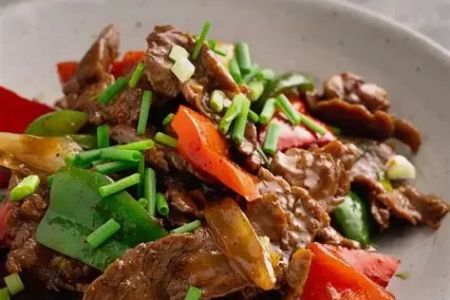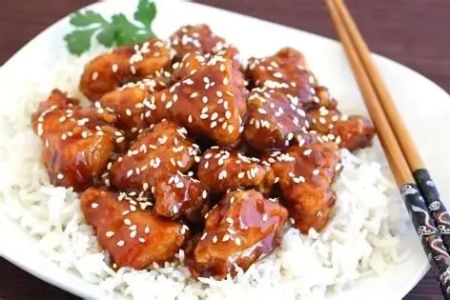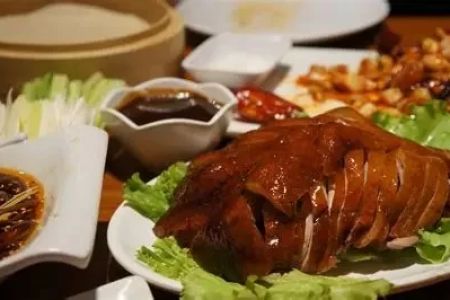- 1-Authenticity-and-Variety-in-Chinese-Vegetarian-Cuisine
- 2-Top-Chinese-Vegetarian-Restaurants-Across-Major-Cities
- 3-Unique-Dishes-and-Flavor-Profiles-to-Try
- 4-The-Cultural-Significance-of-Vegetarian-Chinese-Food
- 5-Real-Stories-from-Vegetarian-Chinese-Food-Enthusiasts
- 6-Explore-More-with-Chinese-Food-Expert-Guidance
1. Authenticity and Variety in Chinese Vegetarian Cuisine
Chinese vegetarian cuisine offers a rich tapestry of flavors, textures, and ingredients that appeal to vegetarians and non-vegetarians alike. Rooted in Buddhist traditions and centuries-old culinary techniques, it showcases tofu, mushrooms, vegetables, and creative meat substitutes crafted to delight the palate.
From delicate dim sum to hearty stir-fries and fragrant soups, Chinese vegetarian dishes balance freshness with umami-rich seasonings, making them a beloved choice across the USA. This diversity provides something for every taste and dietary preference.
2. Top Chinese Vegetarian Restaurants Across Major Cities
Across the USA, several standout restaurants specialize in Chinese vegetarian cuisine. Cities like New York, San Francisco, and Los Angeles boast eateries known for authentic dishes with modern twists. For example, some restaurants offer vegan renditions of traditional favorites like mapo tofu or vegetarian Peking duck, garnering rave reviews.
These restaurants often combine traditional recipes with local organic ingredients, creating menus that reflect both heritage and innovation. Their popularity signals growing demand and appreciation for quality Chinese vegetarian fare nationwide.
3. Unique Dishes and Flavor Profiles to Try
Among the best Chinese vegetarian restaurants in the USA, signature dishes often include flavorful preparations such as braised mushrooms with bok choy, crispy tofu in garlic sauce, and stir-fried eggplant with chili. Dim sum offerings like vegetable dumplings and steamed buns filled with mock meats provide textural delights.
Flavor profiles often emphasize savory soy, aromatic ginger, and balanced sweetness, creating memorable dining experiences. Exploring these dishes expands culinary horizons and satisfies cravings for comforting yet healthful meals.
4. The Cultural Significance of Vegetarian Chinese Food
Vegetarianism holds deep cultural and religious roots in Chinese history, particularly linked to Buddhist principles of compassion and non-violence. Many traditional Chinese festivals and practices include vegetarian meals, underscoring their spiritual and communal importance.
Understanding this context enriches appreciation for the cuisine and its thoughtful preparation methods. It also highlights how Chinese vegetarian food connects heritage, health, and hospitality.
5. Real Stories from Vegetarian Chinese Food Enthusiasts
Food lovers like Mia share how discovering Chinese vegetarian restaurants transformed their eating habits. Mia recounts how the bold flavors and satisfying dishes made plant-based eating enjoyable and culturally enriching. Similarly, David, a long-time vegetarian, highlights the creativity and depth of Chinese vegetarian cooking that keeps him coming back.
These personal stories emphasize the cuisine’s ability to delight and inspire, fostering a growing community of enthusiasts across the USA.
6. Explore More with Chinese Food Expert Guidance
For those eager to dive deeper into the best Chinese vegetarian restaurants in the USA, Chinese Food offers expert recommendations, recipes, and travel tips. Their curated guides help you find authentic dining experiences and expand your culinary knowledge.
Explore Chinese Food’s resources to plan your next flavorful journey through America’s vibrant vegetarian Chinese dining scene and enjoy the finest dishes crafted with passion and tradition.







